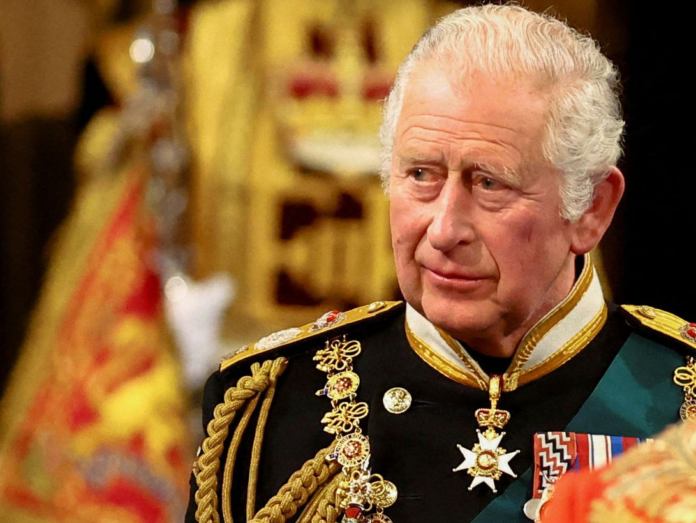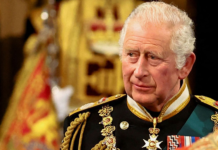
Britain’s Monarch, King Charles has undergone treatment for an enlarged prostate, after being admitted to a London Clinic private hospital on Friday morning.
It is understood that the King is “doing well” and is expected to spend at least one night at the hospital where Catherine, the Princess of Wales had surgery last week.
The King visited his daughter-in-law in the hospital on Friday morning, ahead of his treatment.
King Charles had made his health problem public as a way of sending a message to other men to get their prostates checked.
A statement from Buckingham Palace said the King was “delighted to learn that his diagnosis is having a positive impact on public health awareness”.
He also thanked those who had “sent their good wishes”.
The plan for King Charles, aged 75, to have “corrective procedure” for his enlarged prostate was revealed by the palace last week. He travelled on Thursday from Sandringham to London to have the operation.
A benign prostate problem, which is non-cancerous, is common in older men, according to the NHS.
About one in three men over the age of 50 will have some symptoms of an enlarged prostate, which is a gland that sits just below the bladder.
The medical treatment is not significant enough to require any constitutional changes for the King’s role as head of state. There will not be a need for “counsellors of state” who can stand in when a monarch is seriously ill.
A spokeswoman for Prime Minister Rishi Sunak said he had sent best wishes to the King for a “speedy recovery”.
The King is being treated in the same hospital where his daughter-in-law Catherine had “abdominal surgery” last week.
When she leaves the hospital it is expected that she will spend several months recuperating at home in Windsor. It means the princess will not be taking part in any official duties until after Easter.
There was a third royal health story this week, when it was revealed that Sarah Ferguson, the Duchess of York, had been diagnosed with malignant melanoma, a form of skin cancer.
It had been discovered during treatment for her breast cancer, which had been diagnosed last summer.
“Naturally another cancer diagnosis has been a shock, but I’m in good spirits and grateful for the many messages of love and support,” said the duchess, who was formerly married to Prince Andrew.
A spokesman for the duchess said she will have further investigations to ensure the melanoma has been caught in the early stages.




![British High Commission marks King Charles III’s birthday in Accra [Photos]](https://www.adomonline.com/wp-content/uploads/2023/11/King-Charles-Birthday-218x150.jpg)


